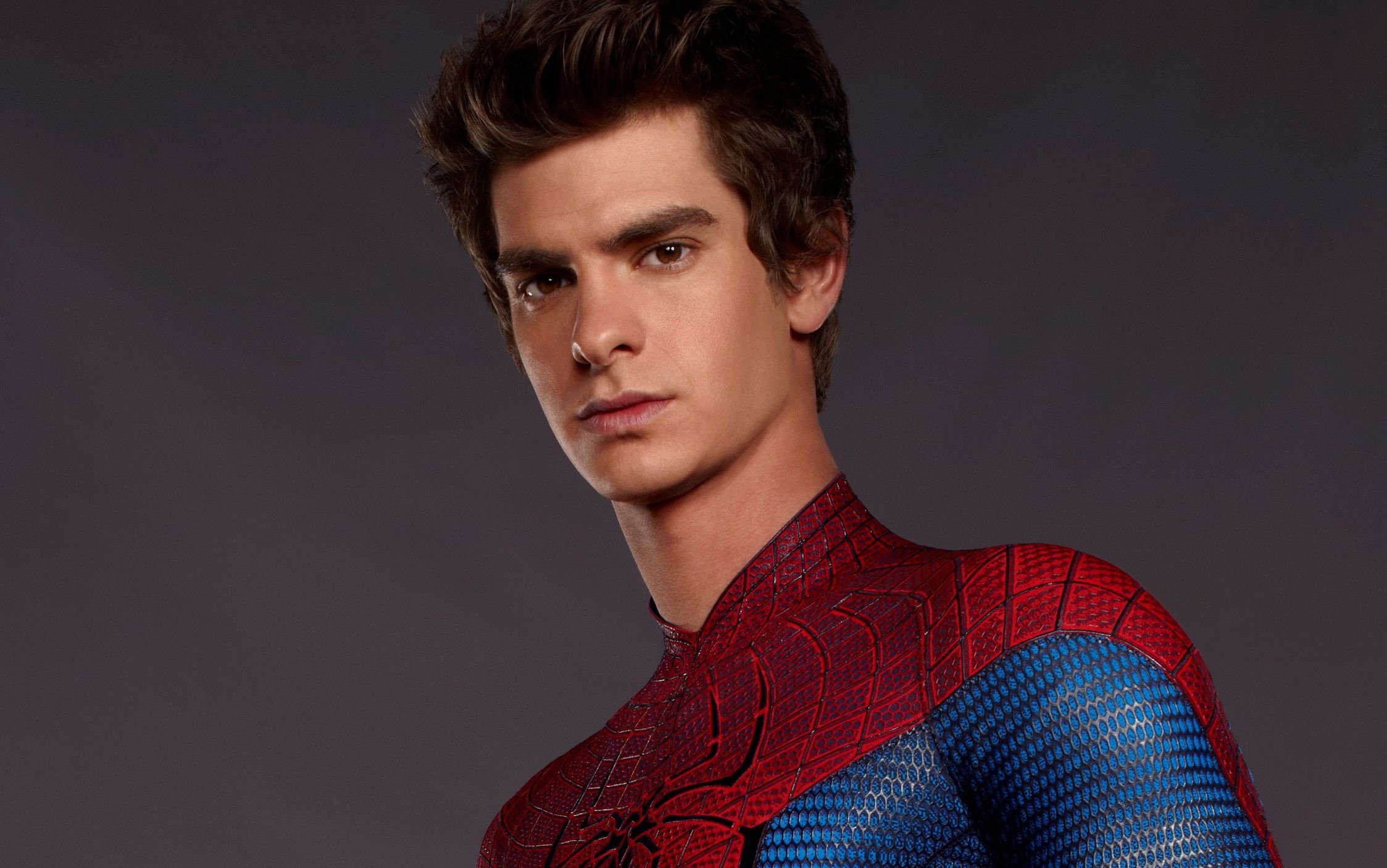Oppenheimer This is an extraordinary cinematic work, but also a dark story about one of the most important moments in modern history. Between both scenarios, the film challenges the collective consciousness of scientific responsibility. Especially the way the protagonist carried the burden of guilt for the consequences of his creation for most of his life. And that’s what happens at the end of the tape.
Christopher Nolan, director and screenwriter, highlights the fact that the plot’s controversial central figure is not the villain. Not a tragic hero, not a man in search of redemption. In fact, he was a passionate, rebellious and unpredictable expert who had to make difficult decisions in a dangerous environment.
The film, in fact, spends most of the plot exploring contradictions and errors. Oppenheimerplayed by Cillian Murphy. But in particular, what led him to make decisions that, in the end, he had no choice but to make. The burden of responsibility on his shoulders, which sooner or later ruined his life, professional career and even mental health.
The physicist who first created the atomic bomb and oversaw every step of its manufacture had to deal with the consequences of the threat posed by such a force. Which ranged from deaths in Hiroshima and Nagasaki to the possibility of a betrayal that could threaten the balance of power in the world.
Closing a heavy chapter in history
As you remember, told in two timelines, the film explores the most important events in life Oppenheimer. At the same time, the failed security hearings to which he introduced himself. What makes up the narrative is a thorough exploration of the character’s psyche, his perspective on goodness and fear. So it’s not a linear story.
So its end begins with a scene very similar to one of the first. In it you can see Oppenheimer And Albert Einstein (Tom Conti) chatting by the pond. It is only at the end that the film shows the words between the two men from a closer angle. He used to show her from the point of view Lewis Strauss (Robert Downey Jr.).
Just like in the opening sequence, a gust of wind causes the hat to fall on Einstein. Oppenheimer returns it to him and they exchange pleasantries. However, at last, the elderly scientist tells the protagonist what awaits him in the future. In some grim prophecy, he explains to him that once the world gets what it wants from him, he will become a clumsy object. The one who will be judged, mistreated and humiliated. He also details a life of false, selfish and empty tribute that he is most likely to receive. In other words, that he will become a man marked by history, whose legacy will be a burden as well as a way to point to him.
Vision of the end of the world
Oppenheimer He listens attentively, but says little. However, the conversation continues with horrific relief. Explain Einstein, which in the early stages of the development of the atomic bomb was afraid. In particular, for the occurrence of a chain reaction that can ignite the atmosphere and destroy all life on Earth. This makes him wonder if his invention is capable of completely devastating the world.
The next thing that happens is that the tape shows that Oppenheimer think about this moment. A horrific vision of an entire planet devastated by nuclear war, littered with hitpoints from bomb explosions visible from space. A chilling climax that highlights the pain of guilt and fear that he will suffer from for the rest of his life.

an enemy to be feared
Also the end of the tape shows what it was Lewis Strauss responsibility for everything that happened around the social and political process over Oppenheimer. At the same time, since the withdrawal Q-clearance titled physicist. Because of this, he was removed from classified and government-sanctioned nuclear research and development.
In the midst of everything to do with his appointment as United States Secretary of Commerce, Strauss explains his revenge Oppenheimer. Which boils down to an ego battle with the scientist, as well as his paranoia about the possibility that a conversation between him and Einstein could be a compromise that would harm him. That which is denied in the argument.
However, despite the fierce hatred of Strauss, and failed to completely destroy the reputation of the scientist. Instead, the political functionary ended up bearing the weight—historical and social—of his actions against the physicist. Which reinforces the message of the film about the value of ethics and understanding the consequences of every action taken.
Source: Hiper Textual











